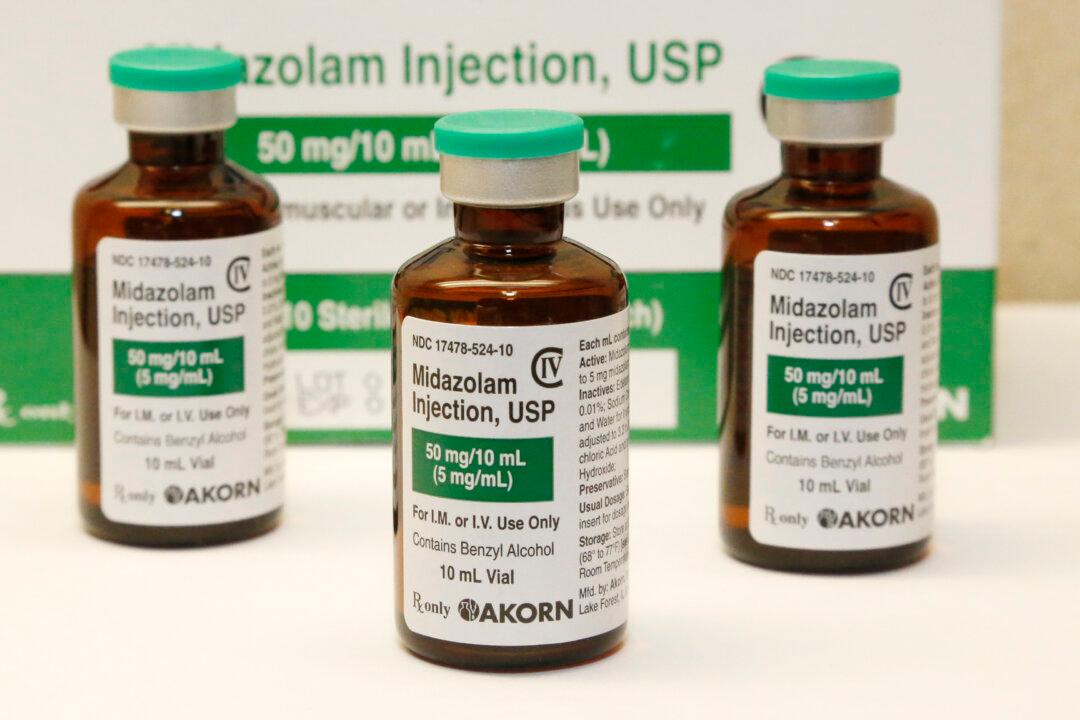Tennessee Department of Corrections (TDOC) officials failed to follow their own protocols in several executions and planned executions via lethal injection in the state since 2018, according to a third-party investigation and report released by Governor Bill Lee on Wednesday.
An investigation into protocols for lethal injections in Tennessee was ordered by the Republican governor in May, after he halted an execution in the state hours before it was scheduled to take place due to questions surrounding TDOC protocols.





